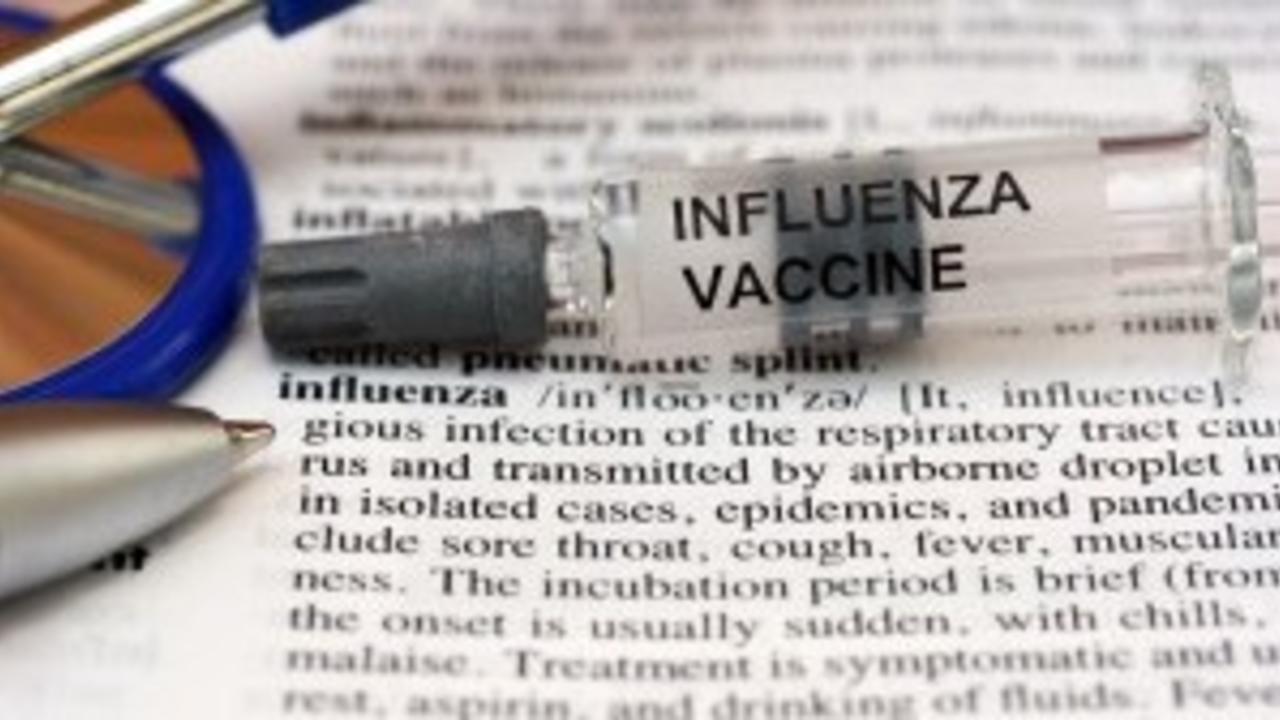Do Vaccines Create Immunity?

This is one of those very hard, very personal topics that always brings out the passion in people, no matter what side you stand on. The choice to vaccinate your child could be one of the most agonizing decisions you have to make in the first few years of your child’s life.
If you choose to not vaccinate, you have to wonder if you're risking their lives to all the horrible diseases that those vaccinations might protect you from. If you do vaccinate, your question then becomes what are the real potential consequences for injection your child with potentially damaging chemicals?
Honestly, for me it was an easy decision to not vaccinate. One of the main reasons that we will talk about today is that vaccines do not create immunity. Immunity is defined as:
1. The state of being immune from or insusceptible to a particular disease.
2. The condition that permits either natural or acquired resistance to a disease.
Not to get to in depth here in the function of your immune system, but long story short, it's a multilayered protection system. We need these layers like your skin, mucous membranes, and gastrointestinal systems, to be functioning efficiently to provide a barrier that protects us from diseases.
If these barrier systems are intact and functioning properly, they act upon the invading pathogen and make it easier for our immune system to fight it off and develop long-term immunity. When we inject the “pathogen” it does create an immune reaction, but it's only because this pathogen didn’t elicit a response from the barrier systems.
The immune system isn’t prepared to fight it off as well. The analogy that I use is a vaccination is much like the attack on Pearl Harbor in World War II. Sure, the immune system eventually wins and mounts a response but it takes kind of a beating in the short term. One of the other major problems with vaccination is that true, life long immunity isn’t created.
I feel true immunity isn’t created because of this sucker punch to the immune system. And that it can’t mount a normal defense and this might be why vaccinations only are effective for 3-7 years. So, if these vaccines are only good for a few years, why don’t we have massive epidemics of people with polio, measles, whooping cough, or diphtheria?
Well a lot has changed in the world in the last 100 years, hygiene is better, living conditions have significantly improved, and believe it or not, nutrition is actually “adequate” to not get most diseases. We do have a significantly better way to fight off acute diseases now as compared to 50 or 60 years ago. As much as I hate to admit it, the medical profession is amazing at saving peoples lives in acute disease processes. The antibiotics and anti-viral drugs, not to mention all of the steroidal and non-steroidal anti-inflammatory drugs, do amazing things when it comes to helping a person overcome a life threatening disease.
So to me, these increases in lifestyle are more likely the causes of the decrease in the vaccinated and unvaccinated infectious diseases and not because of life long lasting immunity from vaccinations.
This lack of effectiveness long term was enough for me to not want to vaccinate my kids. This doesn't even begin to uncover the potent side effects of injecting known poisons and toxins into a child. Plus the fact that the CDC recommends over 47 different vaccinations with no safe study to be found covering all of them together on that schedule. That is an entire other post for another time.
Stay connected with news and updates!
Join our mailing list to receive the latest news and updates from our team.
Don't worry, your information will not be shared.

